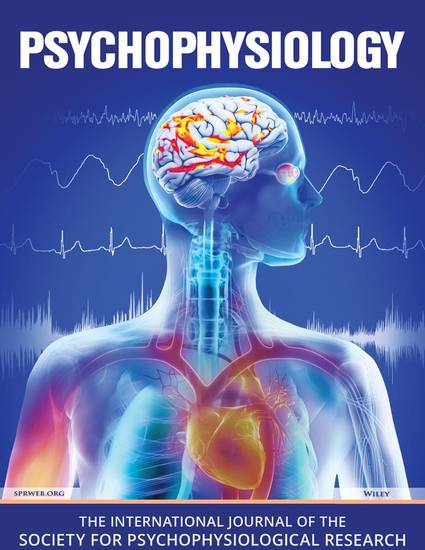
Article
The Effects of Social Exclusion on the ERN and the Cognitive Control of Action Monitoring
Psychophysiology
(2014)
Abstract
The current study investigated the influence of social exclusion, created through the Cyberball paradigm, on cognitive control using neural and behavioral measures of action monitoring. Healthy young adults performed a modified flanker task while their post-error behavior (accuracy, RT) and error-related negativity (ERN) were assessed. Results indicated that excluded participants showed decreased ERN and post-error response accuracy compared to included participants following their social interactions. These findings suggest that a common neural framework may exist for cognitive control processes and that cognitive control allocated toward exclusion-related processing following exclusionary social interactions may disrupt the capability to support self-regulatory action monitoring.
Keywords
- Social exclusion,
- cognitive control,
- action monitoring,
- error-related negativity
Disciplines
Publication Date
2014
Publisher Statement
Psychophysiology is published by Wiley. For more information on this journal please visit Psychophysiology online.
Citation Information
Jason R. Themanson, Aaron B. Ball, Stephanie M. Khatcherian and Peter J. Rosen. "The Effects of Social Exclusion on the ERN and the Cognitive Control of Action Monitoring" Psychophysiology Vol. 51 Iss. 3 (2014) p. 251 - 225 ISSN: 0048-5772 Available at: http://works.bepress.com/jason_themanson/23/
